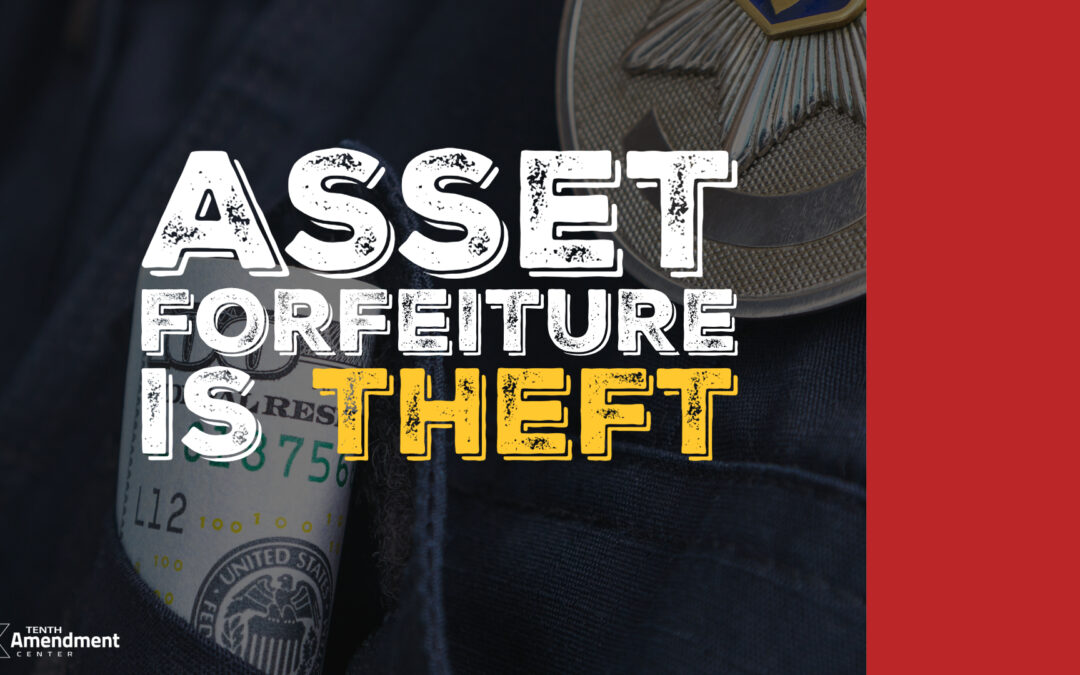
Asset Forfeiture

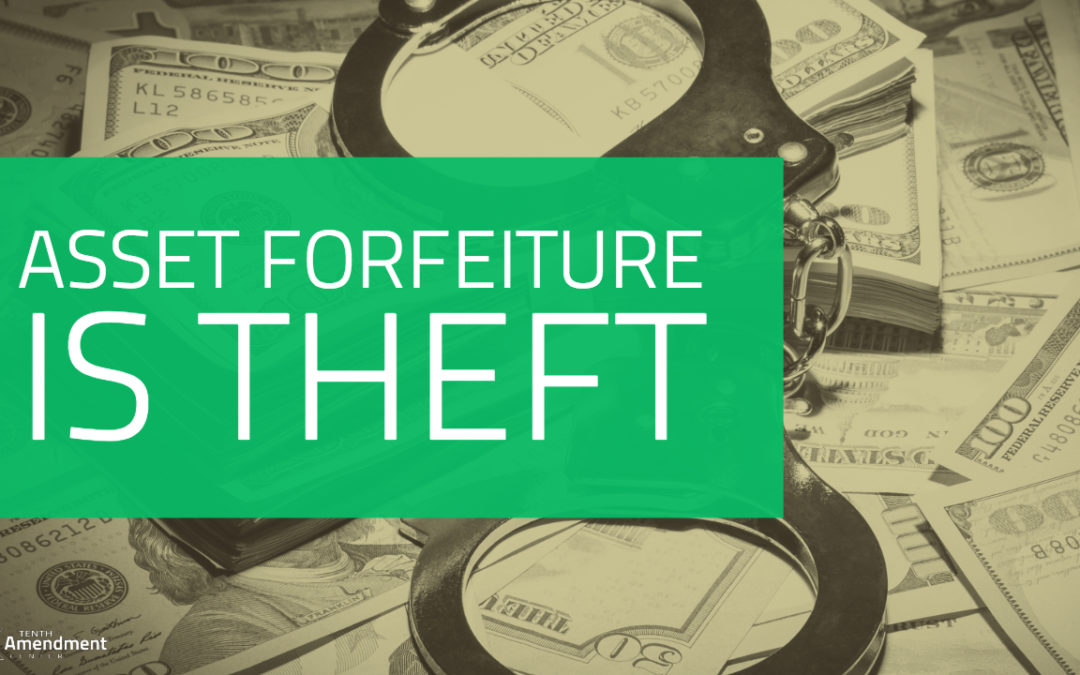
West Virginia Bill Reform State Asset Forfeiture Process, Take Step to Opt State Out of Federal Program
CHARLESTON, W. Va. (Jan. 25, 2024) – A bill introduced in the West Virginia House would reform the state’s asset forfeiture process to require a conviction in most cases. The enactment of this bill would also take a step to opt the state out of a program that...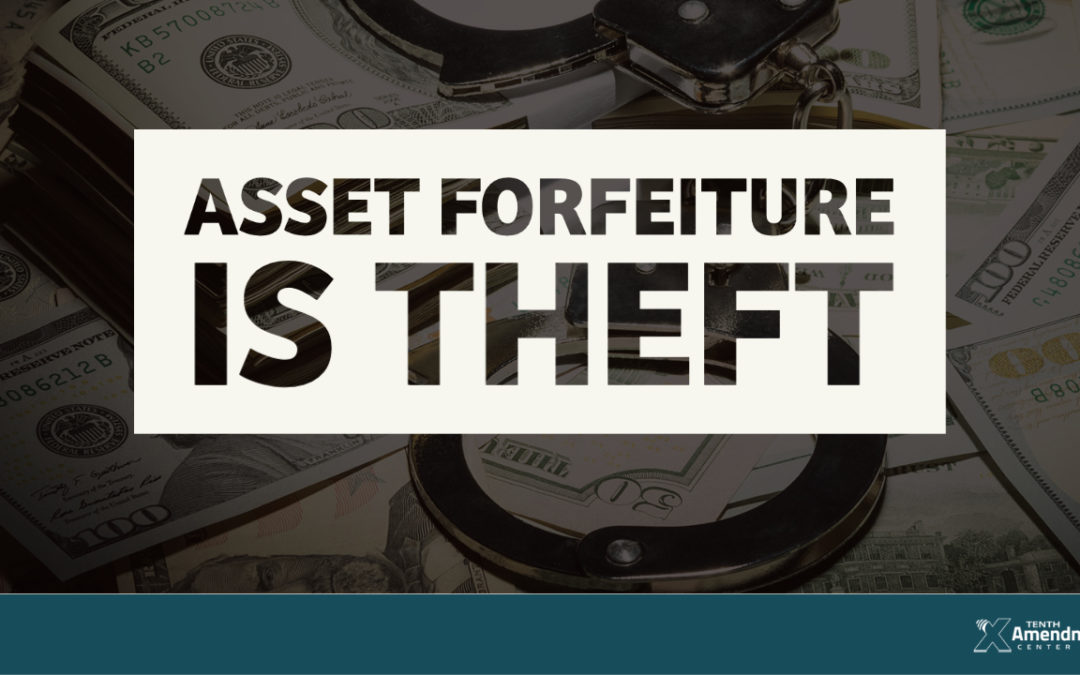
Hawaii Bill Would Reform Civil Asset Forfeiture Process, Opt State Out of Federal Program
HONOLULU, Hawaii (Jan. 20, 2024) – A bill introduced in the Hawaii Senate would reform the state’s asset forfeiture process to require a conviction in most cases. The enactment of this bill would also effectively opt the state out of a program that allows police...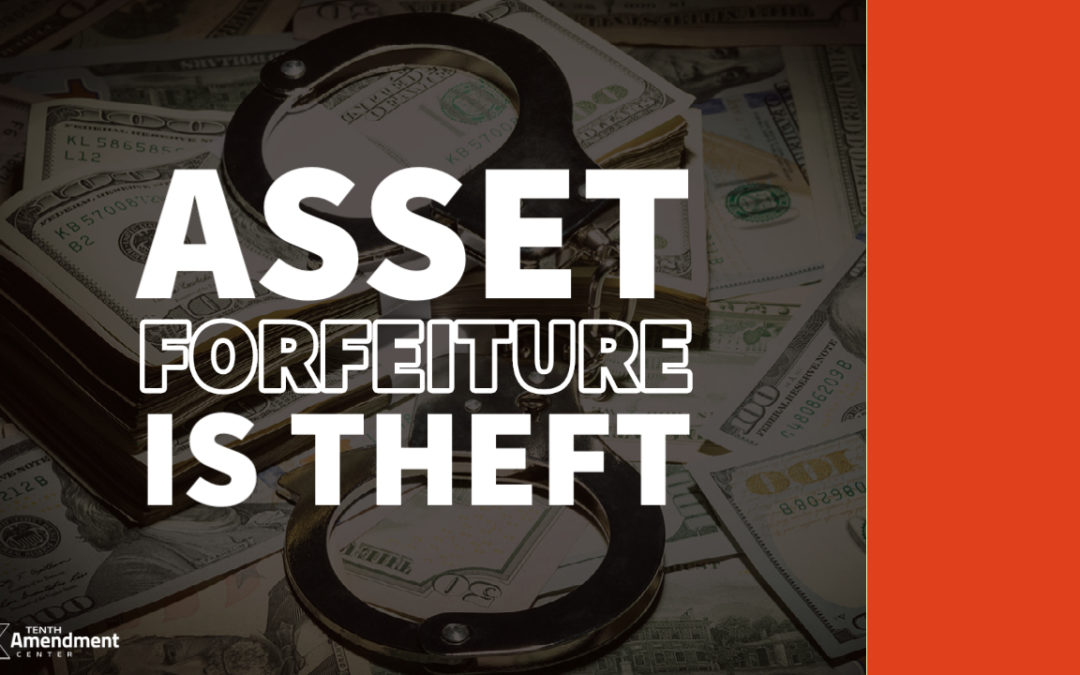
Colorado Bill Would Require Criminal Conviction Before Asset Forfeiture and Further Opt State Out of Federal Program
DENVER, Colo. (Jan. 17, 2024) – A bill introduced in the Colorado House would require a criminal conviction before the state could proceed with the asset forfeiture process in most cases. The enactment of this legislation would also further opt the state out of a...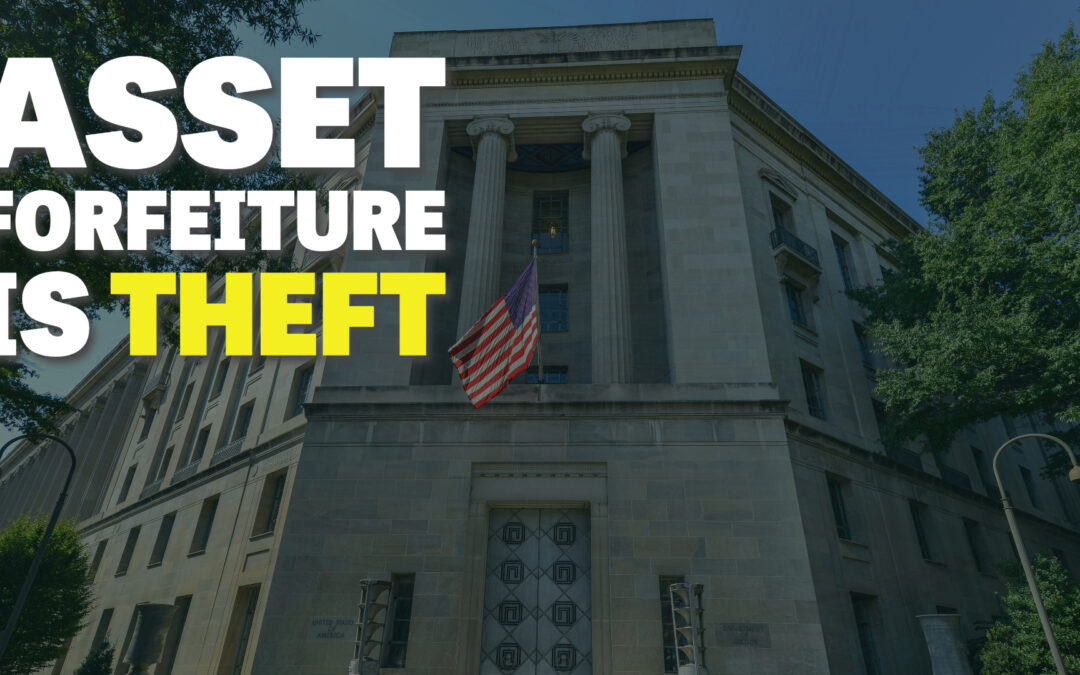
Nullify the Federal “Equitable Sharing” Asset Forfeiture Program
Even when states end civil asset forfeiture, a federal program called “equitable sharing” encourages them to participate in a federal version anyway. But the states can opt-out and nullify the federal program into oblivion, where it belongs. Path to Liberty: August...
